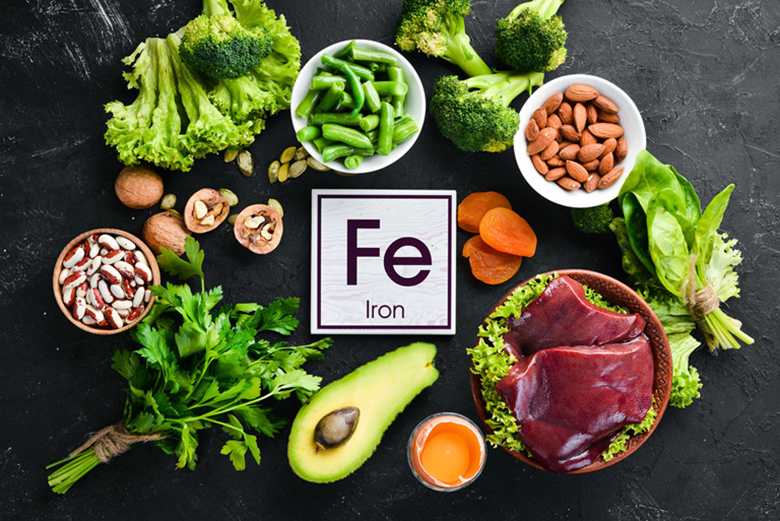Uncategorized
How to Choose Between Natural and Synthetic Supplements
How to Choose Between Natural and Synthetic Supplements
When it comes to supplements, one of the biggest decisions you’ll face is whether to choose natural or synthetic options. With countless products on the market, it can be difficult to understand the differences and make an informed choice. Both natural and synthetic supplements are designed to support health and wellness, but they come with their unique sets of benefits and considerations.
In this guide, we’ll explore the differences between natural and synthetic supplements, helping you decide which is best for your needs.

What Are Natural Supplements?
Natural supplements are derived from plant, animal, or mineral sources in their whole or minimally processed forms. These supplements usually contain bioactive compounds that are naturally occurring in food or other natural sources. For example, natural vitamin C is sourced from fruits like oranges or berries, while natural omega-3 fatty acids come from fish oil or algae.
Benefits of Natural Supplements:
- Better Absorption: Since natural supplements are closer to the nutrients found in food, the body often absorbs them more efficiently.
- Fewer Additives: Many natural supplements contain fewer artificial ingredients, fillers, and preservatives, making them a cleaner choice.
- Synergy: Natural supplements often provide a broader spectrum of nutrients, including co-factors that work together for enhanced effectiveness. For instance, a whole-food vitamin C supplement may include bioflavonoids that help with absorption.
Drawbacks of Natural Supplements:
- Cost: Natural supplements tend to be more expensive due to their sourcing and manufacturing processes.
- Potency Variability: The potency of natural supplements can vary depending on the source and the growing conditions. This can lead to inconsistency in strength between batches.
- Limited Availability: Some natural supplements may be harder to find, especially if the raw materials are rare or seasonal.
What Are Synthetic Supplements?
Synthetic supplements are man-made and created in laboratories to replicate the molecular structure of naturally occurring nutrients. These supplements are usually produced through chemical processes that combine various raw materials to mimic vitamins, minerals, amino acids, or other nutrients.
For example, synthetic vitamin C is commonly made from ascorbic acid, while synthetic vitamin D is often derived from lanolin (sheep’s wool).
Benefits of Synthetic Supplements:
- Consistency: Synthetic supplements are often more consistent in potency and purity, as they are manufactured to precise standards in controlled environments.
- Cost-Effective: These supplements are generally more affordable than natural supplements because they can be produced at scale and with less reliance on raw materials.
- Easier to Obtain: Synthetic supplements are widely available, often with more options for specific dosages and combinations of ingredients.
Drawbacks of Synthetic Supplements:
- Lower Bioavailability: In some cases, synthetic supplements may not be absorbed or utilized by the body as efficiently as their natural counterparts. This is because synthetic versions may lack the additional compounds found in natural sources that help with nutrient absorption.
- Potential for Additives: Synthetic supplements may contain artificial colors, flavors, binders, or preservatives to improve shelf life and appearance.
- Possible Side Effects: While synthetic supplements are safe for most people, some may experience side effects due to the way their body processes these man-made compounds.
Key Factors to Consider When Choosing Between Natural and Synthetic Supplements

1. Absorption and Bioavailability
The bioavailability of a supplement refers to how well and how quickly it is absorbed and utilized by your body. Natural supplements often contain additional compounds that enhance absorption, while synthetic versions may not have these added benefits.
- Example: Vitamin E is often taken in its natural form (d-alpha-tocopherol), which is more readily absorbed by the body, whereas synthetic vitamin E (dl-alpha-tocopherol) is not as efficiently absorbed.
2. Your Budget
Natural supplements tend to be more expensive due to the cost of sourcing raw materials and the production process. If cost is a major consideration for you, synthetic supplements may be a more budget-friendly option. However, it’s important to remember that investing in a high-quality natural supplement may be more beneficial in the long run for some individuals.
3. Purity and Additives
Natural supplements are often seen as purer, with fewer additives and preservatives. However, some natural supplements can still contain fillers or other substances. On the other hand, synthetic supplements might contain artificial ingredients, which could be a concern if you are trying to avoid them.
4. Quality Control
Synthetic supplements are often produced in highly regulated environments with strict quality control, ensuring each dose has a precise amount of the active ingredient. Natural supplements, though they may be sourced from trusted farms or suppliers, can vary in quality depending on the environmental conditions and the handling process.
5. Health Conditions and Specific Needs
Some individuals may have specific health conditions or nutritional needs that require a more tailored approach. In these cases, synthetic supplements can be a good option, as they are often formulated to target particular deficiencies. However, for general wellness and maintenance, natural supplements may offer broader benefits and a more holistic approach to health.
6. Personal Preference
Ultimately, your personal preference will play a role in your decision. Some people prefer natural supplements because they feel they are safer and more in tune with nature, while others prefer the consistency and lower price of synthetic options.
When to Choose Natural Supplements
- You prioritize purity and minimal processing.
- You are looking for a holistic approach, with the full spectrum of nutrients that come from food sources.
- You are willing to invest more money for higher quality, and you understand that natural supplements may have variability in potency.
- You prefer plant-based or whole-food supplements, and you avoid synthetic chemicals.
When to Choose Synthetic Supplements
- You need a precise dosage or specialized nutrient that is hard to find in natural supplements.
- You are on a budget and need a cost-effective solution.
- You need consistent potency, especially for specific conditions or requirements (e.g., high-dose vitamin D for deficiency).
- You have a medical condition that requires specific synthetic nutrients.
Conclusion: Natural or Synthetic?
Both natural and synthetic supplements have their unique advantages and drawbacks. The best choice depends on your individual goals, budget, and health needs. For general wellness and those who prioritize purity, natural supplements may be the preferred option. However, for those seeking affordability, consistency, or specialized nutrients, synthetic supplements may be more practical.
At Primebestpremierms, we offer both natural and synthetic supplements to cater to various needs. Our goal is to provide you with high-quality products to support your health journey—whether you prefer natural or synthetic options.
Before deciding which type of supplement to take, it’s important to consult with a healthcare professional who can provide personalized advice based on your health conditions and goals.


